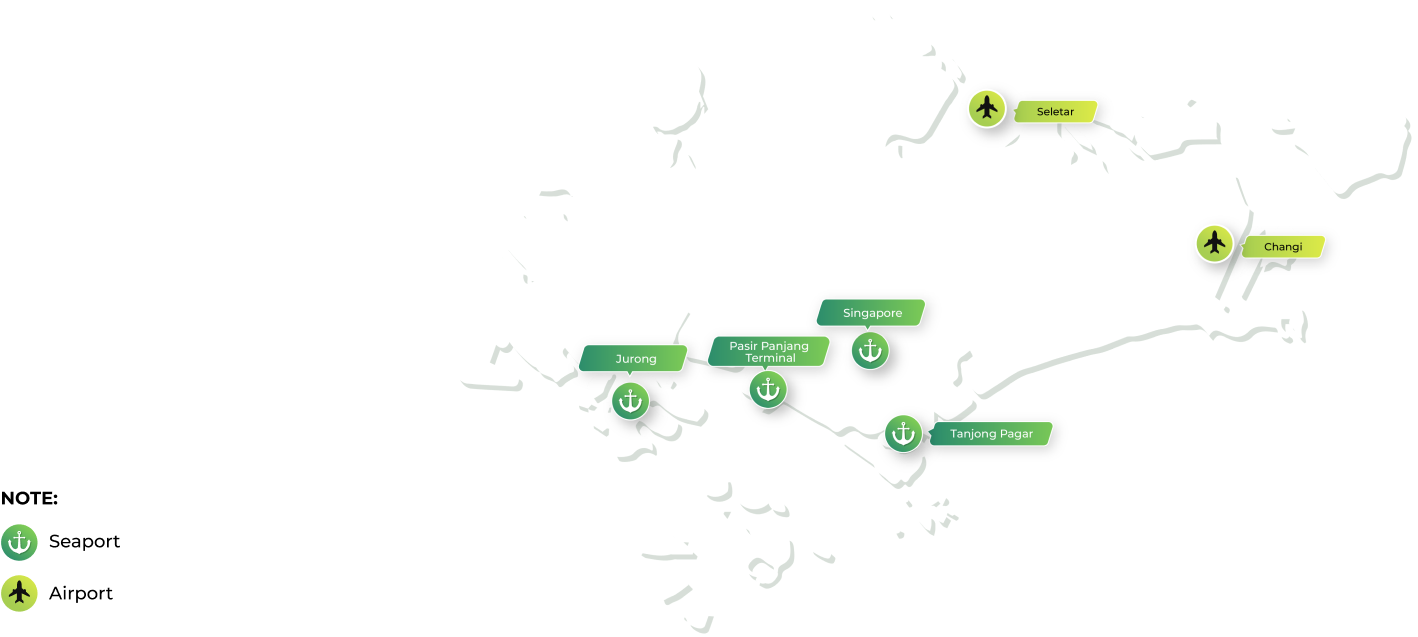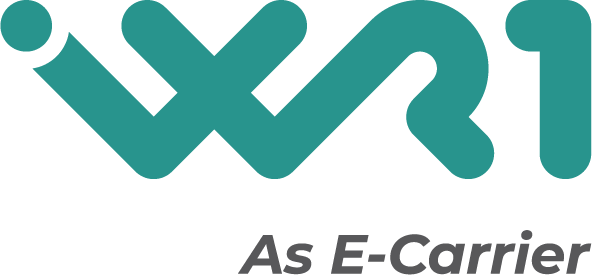Vietnam and Singapore Trade Relations

The overall situation
Vietnam and Singapore have a diplomatic relationship of over half a century and have officially been close strategic partners for nearly a decade. This holds great significance for both countries in promoting extensive cooperation in various fields.
Based on data compiled in the first half of 2023, the bilateral trade turnover reached approximately 4.5 billion USD. As Vietnam’s foremost important economic partner in the region, the ‘Lion City’ ranks second among countries and maintains its leading position within ASEAN in terms of investment in Vietnam.
Update: 27/08/2023 / Source: https://www.nhandan.vn/
The state of trade relations
Notably, both Vietnam and Singapore are privileged members of the Comprehensive and Progressive Agreement for Trans-Pacific Partnership (CPTPP) and the Regional Comprehensive Economic Partnership (RCEP).
These agreements provide advantages for the economic development of each country.
Update: 27/08/2023 / Source: https://www.nhandan.vn/
Main Seaport/Airport

Types Of Shipping Modes
The types of cargo transportation between Vietnam and Singapore include:
By sea
- Full Container Load (FCL) transportation
- Less-than-container Load (LCL) transportation
DELIVERY TIME
Shipping time ranges from 3 – 7 days, depending on the departure and destination ports. You can refer to the following routes:
- HCM – SIN: 3 days
- HPH – SIN: 7 days
By air
- Air Charter
- Express
DELIVERY TIME
Shipping time ranges from 2 – 3 days, depending on the type of shipping service.
Requirements for importing into Singapore

Import requirements of electronic items
- + Electronic components and devices need a complete and valid certificate of goods to clearly prove the origin and quality of the product.
- Comply with electronic safety standards and EMC standards to ensure no harm to users and no interference with other devices.

Requirements for fresh food
- Need to meet quality standards for hygiene, food safety and product quality
- Comply with Singapore’s customs and import regulations. This includes declaring goods, paying taxes and customs fees, and complying with inspection procedures

Import requirements of crude oil
- Depending on the type of crude oil, you may need quality certifications from international organizations such as ISO or API.
- Comply with transportation safety regulations, including using reliable and quality means of transportation

Requirements for labels and packaging
- Need to provide detailed information about the product such as name, function description, technical specifications, ingredients…
- Information related to product safety such as warnings for people with allergies, instructions on uses… so customers can use them properly



 Tiếng Việt
Tiếng Việt